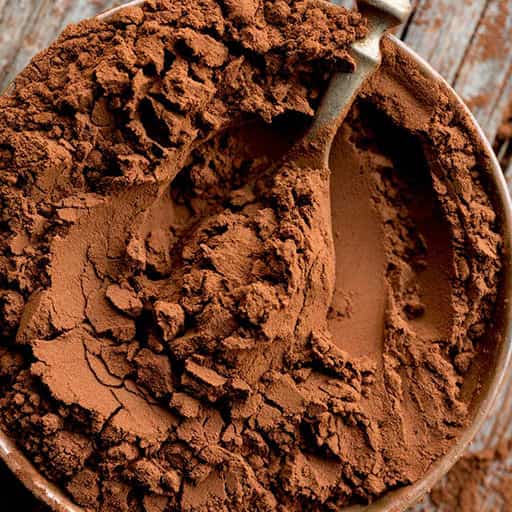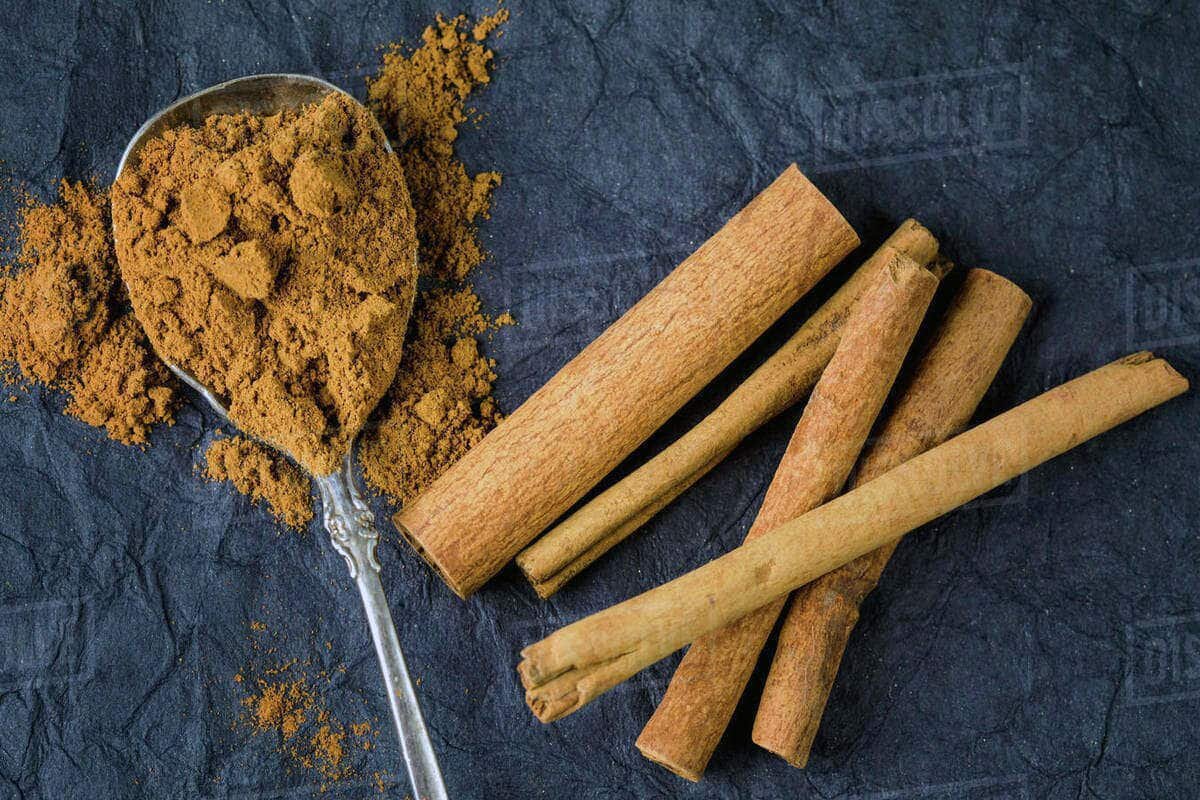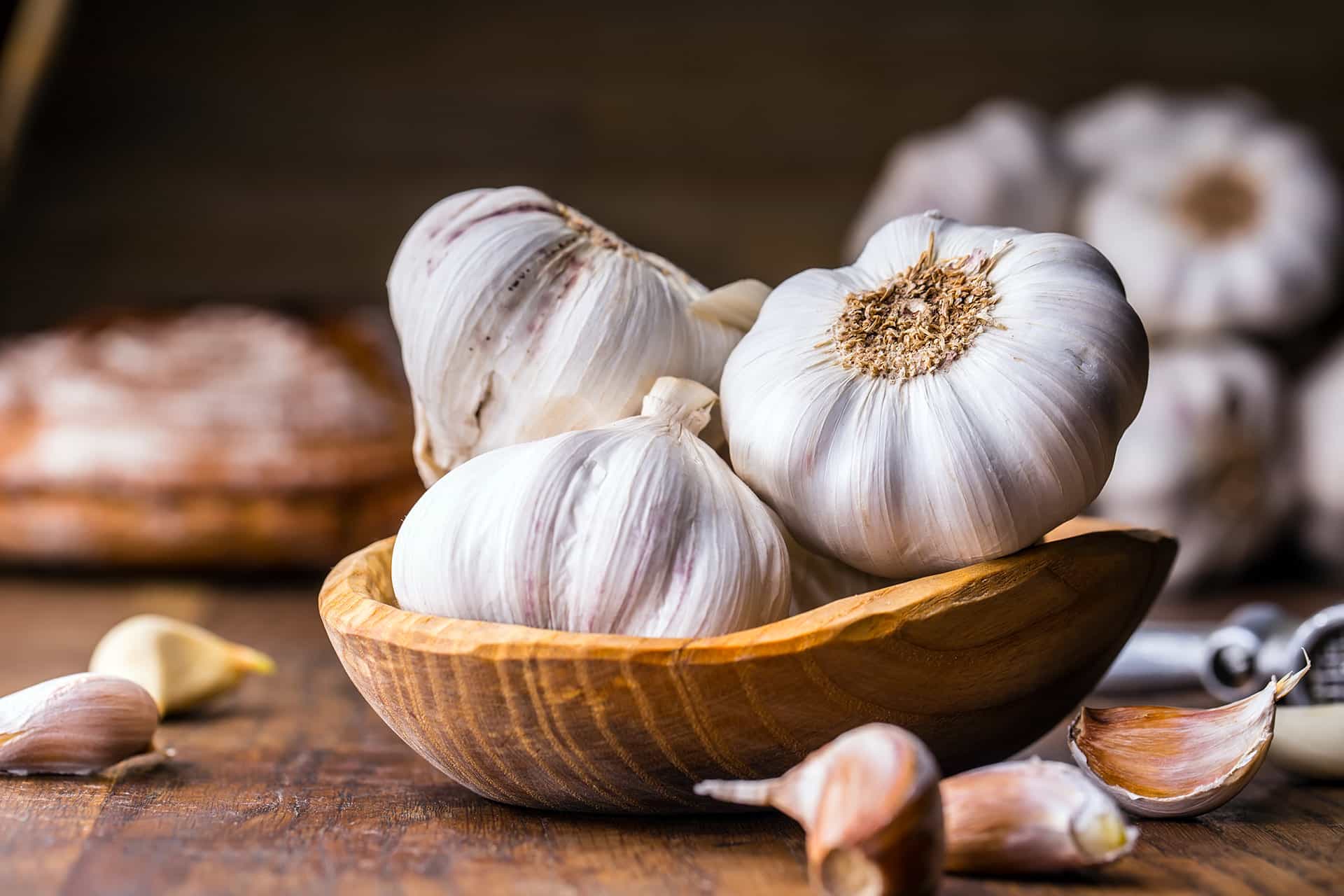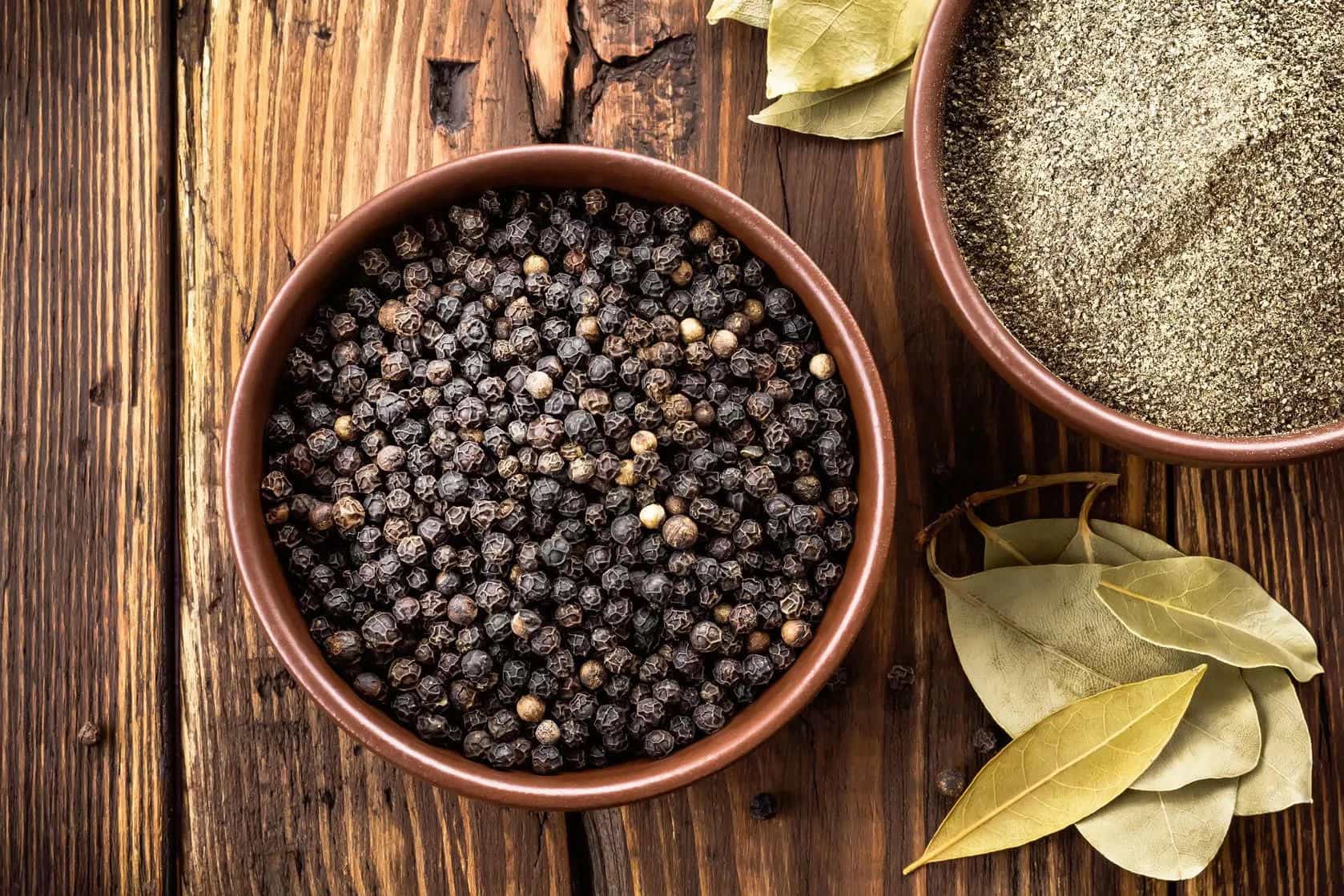Cocoa Powder Health Benefits and Side Effects
Written by: Christopher Karam | ✔️ Medically Reviewed by: Dr. Riad M., M.D - G.P and Micheal B., M.D | Last Updated: 2020 May 09
Table of Contents
- Break Down
- Health Benefits
- Side Effects
- Nutrition Facts
- Recommendation
- Frequently Asked Questions (FAQ)
- Related Articles
- Sources
- Buy Cocoa Powder
Break down and Background
What Is Cocoa Powder?
Cocoa powder (Theobroma cacao) also known as dark chocolate, was introduced by the Spanish at the beginning of the 16 century.
Cocoa beans are thought to have first been used by the Maya civilization of Central America for the myriad of health benefits that come with it.
Cocoa powder is a dried, ripen, and fully fermented seed from the Theobroma tree’s cacao seeds, a small evergreen tree from the Malvaceae family. Cocoa powder is a popular baking ingredient due to its addictive nature and plant-based compounds.
Tryptophan is an essential amino acid that’s a precursor for the production and secretion of serotonin, the chemical that promotes wellbeing and happiness. Cocoa powder has many health benefits and very few side effects.
How Is Cocoa Powder Made?
From the cocoa pod to natural cocoa powder, there are many, many steps to take before creating a consumable unsweetened organic cocoa powder or dark chocolate.
So how are cocoa powder and dark chocolate made? First, cocoa beans are removed from their pods, later being fermented and then dried, roasted, and ground into a thick cocoa liquor.
The liquor is made up of very fine, broken down bean cell particles and cocoa butter that was tucked inside the cocoa nibs, which are inside of the cacao beans.
The cocoa liquor is then refined from dehusking dried and roasted beans. Later pressed to extract the cocoa butter, leaving behind a cake-like mass made up of pure, fine cocoa bean particles.
Afterwards, the cocoa cake is ground to then make a finalized unsweetened cocoa powder product, that’s rich and dark in color.
How To Use Cocoa Powder
Natural cocoa powder is a staple ingredient for everyone who likes baking. Dark chocolate is called for in many chocolate dessert recipes since it adds an intense and bitter chocolaty flavor to everything from cookies, pies, cakes, and other desserts.
It’s also a somewhat expensive ingredient because it’s an exotic type of vegetable. It's also justified by being very healthy for you since it’s full of healthy fats, fiber, protein, and a lot of antioxidants.
Helping enhance the taste of many dessert recipes, organic or dutch-process cocoa powder is a versatile ingredient that should be a part of everyone's daily diet since it’s so easy to fit it into your regiment. Unless you’re allergic of course.
You can use cacao powder for its wonderful chocolaty flavor. Most of the top staple dessert recipes out there include baking powder, baking soda, and chocolate.
The baking process of using baking powder/baking soda coupled with cacao enhances its chocolaty flavor.
Be careful when looking to buy raw natural cocoa powder, as many companies add fillers, additives, and other chemicals to increase the weight volume of the packaging box.
Hot chocolate and regular chocolate powder mixes aren’t raw organic cocoa powder as the instant chocolate powder mixes on the market often include a lot of sugar and emulsifiers, like lecithin, to help the chocolate mix better with water.
Don’t use hot chocolate mix in place of raw cacao when you are baking. They’re definitely convenient, but there are way more health benefits to adding raw ingredients to your food or drinks instead of pre-packaged mixes.
Unless your recipe explicitly asks you to use a hot cocoa mix or dark chocolate powder, just use the raw cocoa powder with your milk or cream instead and add any sweetener you like. Preferably a healthy option like Stevia.
Due to cocoa powder’s nitric oxide and flavanols, cacao can dilate your blood vessels which will improve blood flow and lower blood pressure, which is very useful before and after weight training and cardio workouts.
Who doesn’t like a healthy heaping tablespoon of dark chocolate? Chocolate is one of the most loved and addictive flavors on the planet. So much so that multiple research papers have proven that cocoa powder can even become addictive in many cases.
The rich intense flavor of natural cocoa powder is delicious with anything including coffee, smoothies and protein shakes, or even oatmeal.
Some people even make savory chocolate sauce recipes, a gravy to add on to their meat of choice, or a dark chocolate chestnut pasta.
Cocoa Powder Health Benefits
Other than its nutrition and incredible flavor, there are many other benefits of using organic cocoa powder. Many research papers have found that it has impeccable health benefits for your heart, brain, and overall health through weight loss.
There are so many incredible health benefits of eating organic cocoa powder that you won’t believe that something so delicious could be so good for you. These benefits have lasting effects that can improve your health in every aspect.
1. Brightens Mood, Boosts Happiness, and Reduces Depression
If you’re struggling with irregular mood swings and regulation, cocoa has positive health impacts on the brain which also helps relieve symptoms of depression.
Researchers have displayed that cacao is a natural antidepressant that can healthily increase your levels of happiness.
Cocoa powder contains nitric oxidem, the metabolism and mood-boosting chemical anandamide. Anandamide is a fatty acid neurotransmitter that helps make people feel slightly euphoric, similarly to THC.
Raw cocoa powders have also been found to affect the reward center of the brain. Especially due to the transformation of tryptophan to serotonin that naturally occurs in the body.
Tryptophan is an amino acid precursor to the formation of new serotonin neurotransmitters in the brain.
Researchers have also found that cocoa interacts with your brain’s neurotransmitters to release dopamine, serotonin, and endorphins, all of which make you feel happier.
2. Can Boost your Libido and Sexual Performance
Cacao powder is the pure, unrefined form of chocolate. We eat the seed, which contains another alkaloid called theobromine. Theobromine acts as a blood vessel widener and is used in modern medicine for this purpose.
It also increases blood flow throughout your body because it will lower your blood pressure, reduce inflammation, dilate your arteries.
Cacao can be consumed as a powder, nibs, or whole beans. Another mood-enhancing chemical found in cocoa is phenethylamine, this chemical releases the same endorphins that are released when we fall in love, and so this can help improve your sex life.
In addition, it can also reduce your risk of heart disease, heart attack, and stroke. Mostly linked to the flavonoid contents since cocoa powder reduces bad LDL cholesterol, improves blood flow, as well as dilates and relaxes your blood vessels, in turn reducing internal inflammation.
3. Boosts Energy and Helps With Weight Loss
Cocoa powder contains a healthy amount of caffeine and nitric oxide. These help boost energy and fight fatigue.
Not only does it have a good amount of caffeine, but it contains magnesium as well.
Two tablespoons of natural cocoa powder have about 14% of your body’s daily value of Magnesium. Magnesium has been found to keep your body naturally energized.
Magnesium has been found to protect your body against other issues such as high blood pressure, type II diabetes, and osteoporosis. Cocoa is known to be one of the healthiest ways to keep your body energized, awake, and focused.
Due to all of the health benefits natural dark chocolate has on your cardiovascular system and digestive system, there have been many studies concluding it’s relation with weight loss.
Raising levels of fat oxidation, reducing appetite, controlling blood sugar levels, and insulin sensitivity all help reduce your total weight; mainly targeting your body fat stores.
4. Boosts your Cardiovascular Health
Cocoa is loaded with anti-inflammatory antioxidants such as flavanol and nitric oxide. These antioxidants have been found to improve your heart health and your entire cardiovascular system.
Flavanols and nitric oxide can protect your body against cardiovascular disease, improves your blood circulation and lowers the risk of stroke. Having similar effects to olive oil and coconut oil.
Other antioxidants, called polyphenols, in cocoa are known to help reduce HDL is (bad cholesterol) levels and prevent atherosclerosis, also known as hardening of the arteries.
5. Boost your Skin Health
You should try to have a daily serving of hot cocoa to have long-lasting, positive health benefits.
Flavanols, nitric oxide, polyphenols have been found to help you protect your cells from premature oxidation this will keep your skin from looking aged or becoming wrinkled. It can also improve your skin texture and give it a glowing look.
In one study, researchers found that dark chocolate helped improve skin microcirculation, skin hydration, as well as reducing skin swelling and inflammation. You will look more youthful and bright with just a little more cocoa in your diet.
Not only does it help your skin, but using cocoa butter as a moisturizer has also been found to keep skin soft and smooth. You can try making your skin moisturizer at home with this simple recipe.
6. High in Polyphenols, Flavanols, and Antioxidant Enzymes
Flavanols and polyphenols are naturally occurring antioxidants that are rich in foods like nuts, certain vegetables, teas (such as earl grey tea, green tea, oolong tea, and white tea), berries and exotic fruits, chocolate, white wine, and red wine.
They’ve had extensive research linking to improved blood flow, stabilizes blood sugar levels, increases your basal metabolic rate and fat burning processes, heart health, reduces inflammation, and boosts insulin sensitivity.
Natural 70% dark chocolate is one of the richest sources of phenolic compounds, polyphenols, flavanols, and flavonoids which all have powerful antioxidants and the ability to reduce inflammation.
Because these compounds improve blood flow through your body, this reduces your risk of neurodegenerative diseases and brain function.
These go through the blood-brain barrier and supply nutrients to the brain for the production of neurons and other necessary molecules for proper functioning.
Multiple studies found that daily intake of cocoa flavanols raised the blood flow to the brain by 8% to 11% during a period of just 2 weeks.
7. Reduces High Blood Pressure and Improves Heart Health
Raw natural cocoa powders and dark chocolate forms of cacao beans both have equal strengths in helping lower blood pressure.
The purer the powder, the better the effects. A large number of flavonoids are lost during commercial processing, so buying the most unprocessed, raw, and natural cocoa powder product is most optimal.
Mostly linked to the high levels of flavanols and flavonoids, cocoa increases nitric oxide levels in your blood which strengthens blood vessels, arteries, and your heart.
8. Can Improve Symptoms of Type 2 Diabetes
In actuality, cocoa is full of anti-diabetic benefits. The flavanols slow down the carbohydrate absorption and digestion in your gut which raises insulin secretion of the pancreas.
It also makes the transfer of energy from glucose in the blood to your muscles more efficient and internally reduces inflammation in people who are diabetic or non-diabetic.
9. Protects Against Certain Types of Cancer
All of the flavanols, flavonoids, anti-inflammatory reactions, antioxidants, polyphenols, and phenolic acids all contribute to the strengthening of your gut biome and immune system.
80% of your immune system cells reside near the small intestine and large intestine, having a strong gut biome is your best line of defence against infections, viruses, diseases, and cancer.
Multiple test-tube studies on unsweetened cocoa powder found that it was able to protect cells from degenerative and oxidative damage, inhibits cancer cell growth and spread, as well as induces cancer cell death due to its high levels of flavanols.
Cocoa Powder Side Effects and Detriments
Negatively Interacts With Many Medications
One of the biggest factors that hinder global, general public use is its negative interactions and side effects with multiple medications.
Adenosine (Adenocards) negatively interacts with cacao because it contains caffeine. The caffeine in cocoa can block the effects of the medication since caffeine attaches to the same neural receptors that Adenosine binds to.
Adenosine is often used by doctors to perform tests for the heart, primarily used as a cardiac stress test and for facilitating sleep since it’s a vasodilator. Stop taking cocoa or other caffeine-containing products at least 24 hours before a cardiac stress test.
Clozapine (Clozaril) is an atypical antipsychotic medication used to treat schizophrenia, decreasing the rate of suicidal behavior. The body breaks down and metabolizes clozapine to get rid of it.
The caffeine in cocoa decreases how quickly the body metabolizes clozapine, increasing its concentration. Taking cocoa along with the medication can increase the effects and side effects of clozapine.
Dipyridamole (Persantine) inhibits PDE5 in the blood, which inhibits blood clotting and causes blood vessel dilation. Dipyridamole negatively interacts with the caffeine in cocoa as it might block the effects of dipyridamole.
Caffeine interferes with the dilation of your arteries and increases the coagulation of your blood, reducing the blood-thinning effects of dipyridamole.
Ergotamine (Ergomar) is an alkaloid that’s structurally similar to a neurotransmitter. It behaves as a vasoconstrictor to reduce the blood flow through the cardiovascular system, used to treat acute migraine attacks.
Caffeine can increase how much Ergotamine the body absorbs. Taking cocoa powder along with Ergotamine may increase the effects and side effects of the medication.
Estrogen pills (Estradiol). While the body breaks down the caffeine found in cocoa powder. Estrogen decreases how the speed at which your body breaks down caffeine, no matter the source.
Taking caffeine along with foods containing estrogen or estrogen supplements may cause jitteriness, headaches, an increased heart rate, and other side effects. If you take estrogen supplements, you should limit or in some cases restrict your caffeine intake.
Rating and Recommendation
Extremely Recommended
Going through the huge list of health benefits and side effects of cocoa powder, it's a very easy inclusion in your diet.
Dark chocolate is a staple ingredient in modern-day cooking and baking recipes because it has a unique flavor, it’s even used by the health-conscious because it has amazing health impacts.
Here’s the full list of the health benefits of cocoa powder:
Brightens Mood, Boosts Happiness, and Reduces Depression
Can Boost your Libido and Sexual Performance
Boosts Energy and Aids With Weight Loss
Boosts your Cardiovascular Health and Overall Heart Health
Boost your Skin Health and Brain Health
High in Polyphenols, Flavanols, and Antioxidant Enzymes
Reduces High Blood Pressure and Improves Heart Health
Can Improve Symptoms of Type 2 Diabetes
Protects Against Certain Types of Cancer
Here’s the list of side effects of cocoa powder:
Negatively Interacts With Many Medications
And the list of medications that can cause harm, it clashes with:
Adenosine
Clozapine
Dipyridamole
Ergotamine
Caffeine
Estrogen Pills
Due to cocoa's great flavor, increase in mental and physical health, and especially the boost in sex drive, it’s highly recommended to include in your daily diet.
Although the side effects can cause harm when consumed with chemicals found in certain medicines, it's best to avoid consuming any other form or product while taking these medications.
Frequently Asked Questions
Cocoa, also known as cacao or chocolate is a dried and fermented seed coming from the theobroma tree. It's the basis for anything made of chocolate.
The theobroma tree is native to the Amazon basin and Aztec cultures in South America. Popularized by the Spanish, they brought and distributed the seeds to major continents like Europe, Asia, and West Africa.
A theobroma tree can only grow properly in tropical areas accompanied by lots of rain. Unlike most other exotic trees, it's able to be harvested multiple times per year.
The cacao pods fruits that grow from the tree are either green, purple, or red when young; but become a lighter shade of yellow and orange when fully matured.
The pods have a rough leather-like texture encapsulating the beans.
The Ivory Coast is the largest exporter of pods and beans globally. Currently at around 2,100,000 tonnes per year. While the United States and Germany are the largest importers at around 2.8$ billion and 2.33$ billion dollars worth respectively.
Yes, cocoa products are all vegan by nature. Specifically, it's the seeds of the fruit originating from the theobroma tree.
Although some chocolate products have milk, eggs, and other animal products. Pure dark chocolate powder products have no animal products at all, making them safe for all vegans.
Yes, cocoa powder is very healthy actually. There are so many positive health benefits that come from including it into your diet.
It can: 1. Brighten your Mood, Boosts Happiness, and Reduces Depression
2. Can Boost your Libido and Sexual Performance
3. Boosts Energy and Aids With Weight Loss
4. Boosts your Cardiovascular Health and Blood Flow
5. Boost your Skin Health
6. High in Polyphenols, Flavanols, and Antioxidant Enzymes
7. Reduces High Blood Pressure and Improves Heart Health
8. Can Improve Symptoms of Type 2 Diabetes
9. Protects Against Certain Types of Cancer
There are many places like Amazon, Walmart, and other supermarkets that sell organic, natural cocoa powder, beans, or nibs
White chocolate is made by using a mix of cocoa butter, whey, milk fats, sugar, and lecithin.
Cocoa butter, milk fats, and sugar are all white, which is why white cocolate is white in color.
Cocoa butter is roughly 50% of the weight of the cacao beans.
White chocolate is not technically a "chocolate" product since it has no chocolate solids, cocoa powder, or cacao nibs.
Articles and Sources
1. Antioxid Redox Signal. (2011 November 15) Cocoa and Chocolate in Human Health and Disease
3. Curr Opin Clin Nutr Metab Care. (2013 November 06) Health benefits of cocoa.
4. Nutrients. (2013 October 05) Cocoa and Heart Health: A Historical Review of the Science
7. Harrison Wein, Ph.D. (2011 August 09) Claims About Cocoa Can Chocolate Really Be Good for You?
8. Nutrients. (2013 October 18) Health Benefits of Methylxanthines in Cacao and Chocolate
15. J Cardiovasc Pharmacol. (2010 December 01) Cocoa, chocolate and cardiovascular disease
16. Annu Rev Nutr. (2013 April 29) Cocoa and human health.
17. Diseases. (2016 December 04) The Cardiovascular Effects of Cocoa Polyphenols—An Overview
18. Front Nutr. (2017 August 02) Cocoa, Blood Pressure, and Vascular Function

Cocoa Powder Nutrition Facts
Serving Size 100 g (about 3.5 Oz or 0.44 Cups)
| Amount Per Serving | ||
|---|---|---|
| Calories 229 | Calories from Fat 125 | |
| % Daily Value* | ||
| Total Fat 14 g | 21 % | |
| Saturated Fat 8 g | 40 % | |
| Polyunsaturated fat 0.4 g | ||
| Monounsaturated fat 4.6 g | ||
| Trans Fat 0 g | ||
| Cholesterol 0 mg | 0 % | |
| Sodium 21 mg | 0 % | |
| Potassium 1.524 g | 43 % | |
| Total Carbohydrate 58 g | 19 % | |
| Dietary Fiber 33 g | 132 % | |
| Sugars 1.8 g | ||
| Protein 20 g | 40 % | |
| Vitamin A 0 % | Vitamin C 0 % | |
| Vitamin E 0 % | Vitamin K 0 % | |
| Vitamin D 0 % | Vitamin B6 5 % | |
| Calcium 12 % | Iron 77 % | |
| Magnesium 124 % | Cobalamin 0 % | |
Calories per gram:
Fat: 9 | Carbohydrate: 4 | Protein: 4
Source: USDA's Nutrient Database













